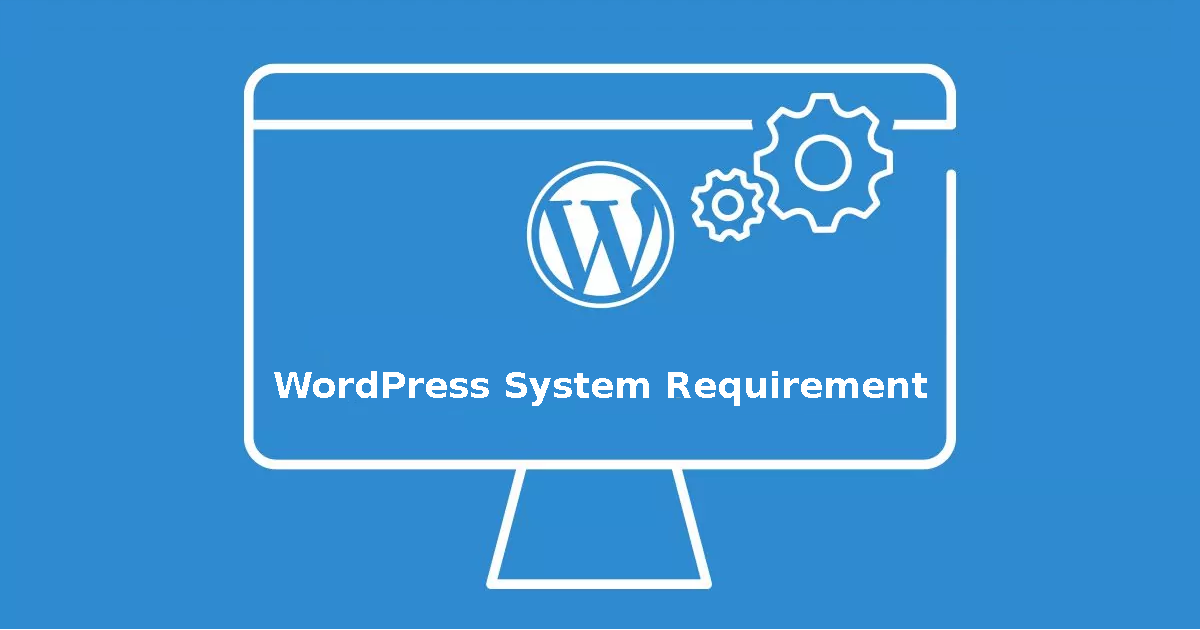Table of Contents
Introduction to WordPress
WordPress is a popular and versatile content management system (CMS) used by millions of websites worldwide. Its flexibility, customizability, and extensive community support make it an ideal choice for beginners and professionals alike. However, to ensure a smooth and efficient experience with WordPress, it’s crucial to understand the system requirements necessary for its operation. In this article, we will delve into the basic and recommended system requirements for WordPress, exploring how these requirements impact the performance and functionality of your website.
Basic System Requirements for WordPress
To run WordPress, your hosting environment needs to meet certain basic requirements. These include:
- PHP Version: WordPress requires at least PHP 7.4 or higher. PHP is a server-side scripting language used for web development, and ensuring you have a compatible version is vital for WordPress to function correctly.
- MySQL Version: The minimum requirement for the database management system is MySQL 5.6 or higher, or MariaDB 10.1 or higher. MySQL is essential for storing and managing the data of your WordPress site.
- Memory Limit: A minimum of 128MB, but 256MB or more is recommended for better performance. This is crucial for handling the memory requirements of your site, especially during peak usage or when running complex plugins.
Understanding these basic system requirements for WordPress is the first step in setting up a successful and efficient website. WordPress itself is relatively lightweight, but the theme, plugins, and content you add can significantly affect its performance.
Recommended System Requirements for WordPress
While the basic requirements can get WordPress up and running, there are recommended system requirements that can significantly enhance your WordPress experience. These include:
- Higher PHP Version: Using the latest PHP versions (e.g., PHP 8.0 or higher) can provide better performance and security for your WordPress site.
- Increased Memory Limit: Raising the memory limit to 512MB or more can help handle more complex tasks and plugins without running into memory limit issues.
- Optimized MySQL: Ensuring your database is optimized for performance can help improve the overall speed of! your site.
- HTTPS Support: Having an SSL certificate to support HTTPS is not only a requirement for secure sites but also impacts search engine rankings.
By meeting these recommended system requirements for WordPress, you can ensure a more robust, secure, and high-performance website. WordPress, being highly customizable, benefits greatly from a well-optimized hosting environment.
Optimizing WordPress Performance
Beyond meeting the system requirements for WordPress, optimizing your site’s performance is crucial for user experience and search engine optimization (SEO). This can be achieved through:
- Caching Plugins: Utilizing caching plugins like WP Super Cache or W3 Total Cache can significantly speed up your site by reducing the load on your server.
- Optimizing Images: Ensuring images are compressed and optimized for web use can reduce page load times.
- Minifying CSS and JavaScript Files: Removing unnecessary code and minifying these files can improve page loading speeds.
- Regular Updates: Keeping WordPress, themes, and plugins updated is essential for security and performance.
Optimizing your WordPress site not only improves user experience but also contributes to better search engine rankings, as site speed is a factor in SEO algorithms. WordPress offers a plethora of tools and plugins designed to help with optimization, making it easier to achieve a high-performance site.
Conclusion
In conclusion, understanding and fulfilling the system requirements for WordPress is fundamental for creating and maintaining a successful website. From the basic requirements of PHP, MySQL, and memory limit to the recommended optimizations for enhanced performance, every aspect plays a crucial role in your WordPress journey. By recognizing the importance of these requirements and taking steps to optimize your site, you can unlock the full potential of WordPress and provide your users with a seamless and engaging experience. Whether you’re a seasoned developer or just starting out, ensuring your hosting environment meets the necessary system requirements for WordPress is the first step towards building a robust, secure, and high-performance website.

